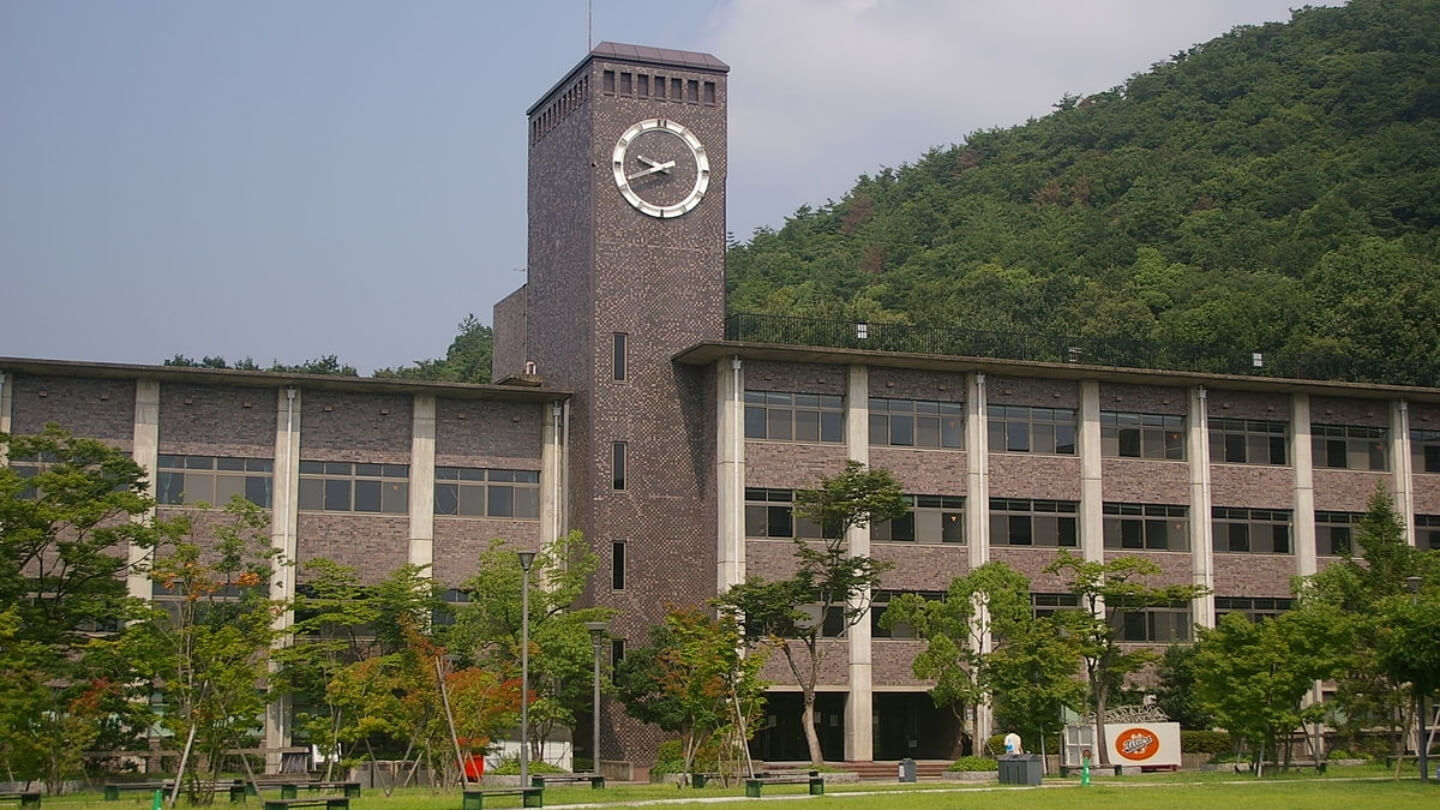
Waste to Resource Talk for Ritsumeikan University
- 10/14/2025
- Magda Cebrián
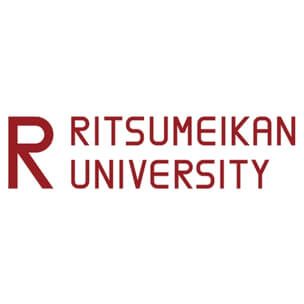
Client
Ritsumeikan University
Ritsumeikan University is a leading private Japanese university headquartered in Kyoto, known for its broad academic offerings, international focus, and commitment to sustainability , as evidenced by its carbon-neutral campus initiatives and the Faculty of Sustainability and Tourism on its Asia-Pacific campus.
Goals
SDG 11 | Cities and
sustainable communities

Creating more sustainable and resilient spaces
Show how transforming waste into resources is essential to reducing the negative per capita environmental impact of cities.
SDG 12 | Production and
responsible consumption
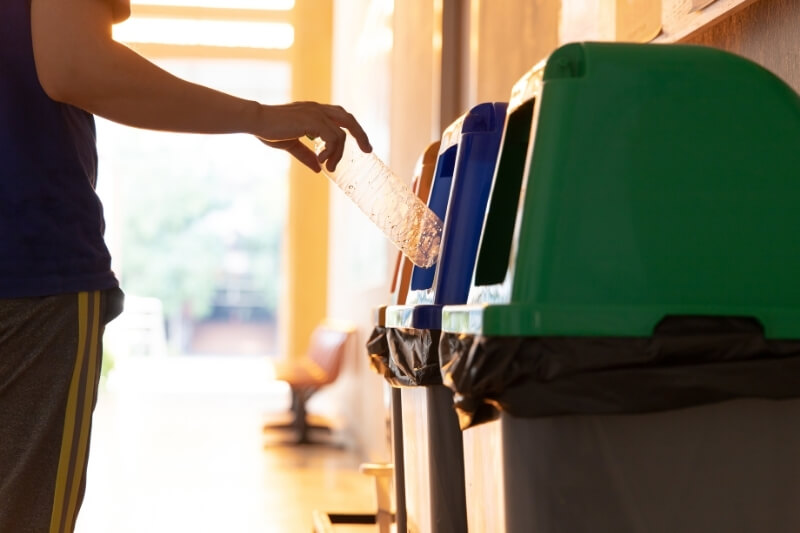
Reduce the waste generated
To raise awareness among students about how to properly separate, reuse and recycle waste at the individual level
SDG 13 | Climate Action
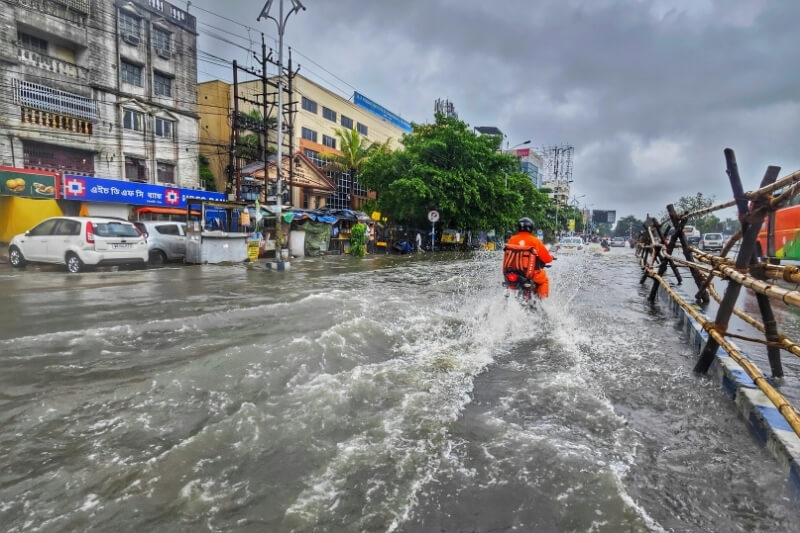
Integrate climate change measures
Explain the connection between waste management and climate change, highlighting that the use of waste to obtain energy or materials
What was done?
We gave a talk on converting waste into resources, focusing on teaching students how to apply the Circular Economy mindset and the extended “R”s.
We emphasized that the key was to move from a linear “use and throw away” system to viewing trash as a valuable raw material . We explained that the real victory lies in reducing and reusing before recycling.
Our talk included:
We show examples of companies like Fairphone , which design products with repair in mind to extend their useful life, fighting against planned obsolescence.
We emphasize the importance of community composting , noting that much of the waste is organic and can be converted into fertilizer, avoiding greenhouse gas emissions in landfills.
We showcase initiatives such as Repair Cafés and reusable packaging systems , demonstrating that giving a product a second life is more economical and environmentally friendly than manufacturing a new one.
In short, we seek to inspire students to be agents of change, transforming waste into resources both in their daily lives and in their future careers.
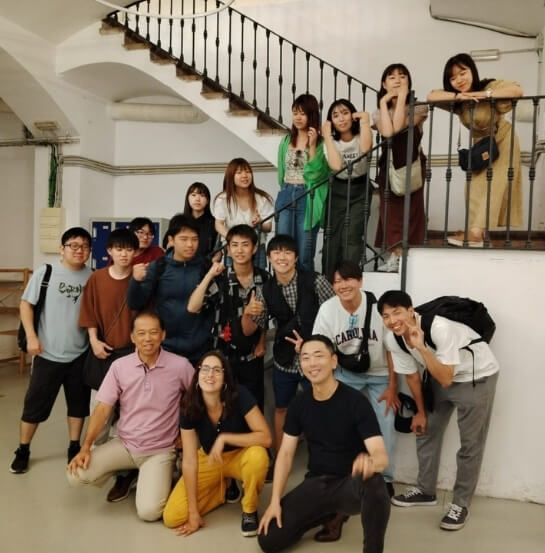
Students of Ritsumeikan University
Why a talk about waste becoming resources?
A talk about waste becoming resources is especially relevant at a Japanese university like Ritsumeikan because it connects the rich cultural heritage of respect for resources with modern environmental and technological challenges, preparing the next generation to lead the transition to a circular economy, essential for an island nation with limited resources.
✅ Reinforce the Mottainai Philosophy : Japan has a deep cultural tradition of “wastelessness” (Mottainai), which encompasses respect for resources and the need to avoid waste. The talk reinforces this philosophy, connecting ancient practices with modern “R” practices (Reduce, Reuse, Recycle, Respect) so that students can apply them in the context of the 21st century.
✅ Prepare for Resource Scarcity: Japan is an island nation with a high dependence on imported raw materials. A waste-to-resources mindset is crucial to its economic and environmental security, as maximizing efficiency and circularity reduces dependence on foreign resources.
✅ Leadership in Waste Management: Although Japan has a very strict waste separation system and a high recycling rate, it still faces challenges, such as the widespread use of incineration (thermal recycling) and food waste. The talk encourages students to go further, innovating in Zero Waste solutions that completely avoid burning and generating waste.
✅ Global and International Focus (Ritsumeikan): Given the strong international focus of universities like Ritsumeikan, the talk prepares students (many of them international) not only to apply these practices in Japan, but to bring cutting-edge knowledge in circular management to their home countries or to global corporations.
Related news
Waste to Resource Talk for Ritsumeikan University
The talk "From Waste to Resource," held for students at Ritsumeikan University, a leading Japanese institution in sustainability, aimed to inspire the next generation to adopt a Circular Economy mindset.
Waste audit for Calmell Group
Through planning, collection, and analysis in its industrial warehouses, the company developed an implementation plan in coordination with its teams, fostering sustainable improvement dynamics. This audit reinforces its commitment to…
Food waste training for Hotel Tarida Beach Resort & Spa
Insotel Group strengthens its environmental commitment by implementing the Effiwaste system to reduce food waste. With the support of Go Zero Waste, hotel staff were trained in sustainability, current regulations,…


